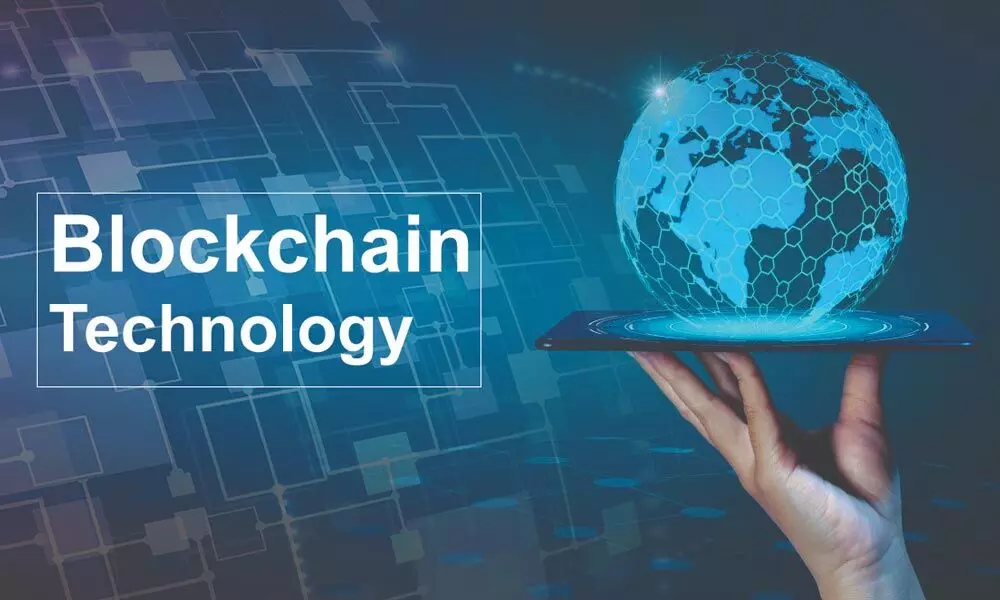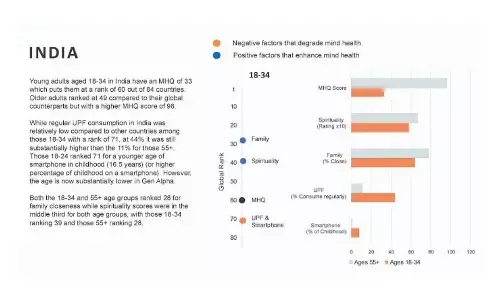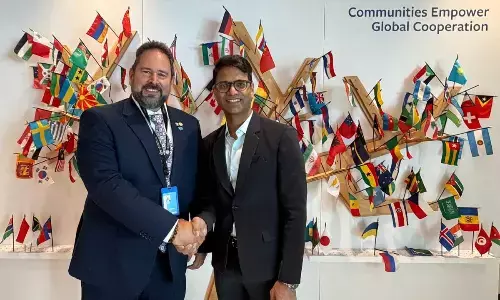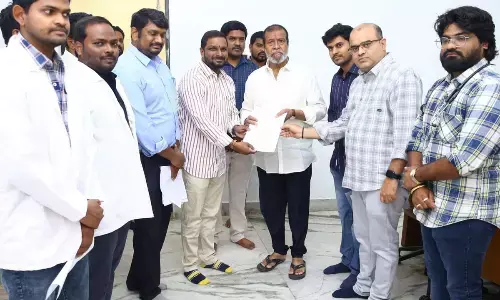Experts dwell on Blockchain tech

Experts dwell on Blockchain tech
The experts who gathered at the five-day Faculty Development Programme (FDP) jointly organised by the AICTE Training and Learning (Atal) Academy and the Department of CSE, Kakatiya Institute of Technology and Science, Warangal, here on Friday discussed at length about the ‘Blockchain Technology'
Warangal: The experts who gathered at the five-day Faculty Development Programme (FDP) jointly organised by the AICTE Training and Learning (Atal) Academy and the Department of CSE, Kakatiya Institute of Technology and Science, Warangal, here on Friday discussed at length about the 'Blockchain Technology'. It may be mentioned here that Blockchain technology is a decentralised ledger that keeps a record of transactions across a peer-to-peer network. It allows participants from across the network to confirm their transaction without the need for a central authority.
Speaking at the valedictory, KITS Principal Prof K Ashoka Reddy said that 134 participants including faculty, researchers, post-graduate scholars and industries from across south India have utilised the FDP that provided a hands-on-experience on Blockchain Technology.
Head, Department of CSE Prof V Shankar said that Blockchain was a database that is shared across a network of computers. Once a record has been added to the chain, it is very difficult to change. To ensure all the copies of the database are the same, the network makes constant checks.
Blockchains have been used to underpin digital currency (Bitcoin, Litecoin, Ethereum). The technology allows digital information to be distributed, but not copied. That means each individual piece of data can only have one owner. Using cryptography to keep exchanges secure, blockchain provides a decentralised database, or "digital ledger", of transactions that everyone on the network can see.
Dean, Research and Development, Professor P Niranjan said that this network was essentially a chain of computers that must all approve before it could be verified and recorded. The information is constantly reconciled into the database, which is stored in multiple locations and updated instantly. It means that the records are public and verifiable. Since there is no central location, it's hard to hack. Blockchain is going to be used for more than just currency and transactions, he added.











